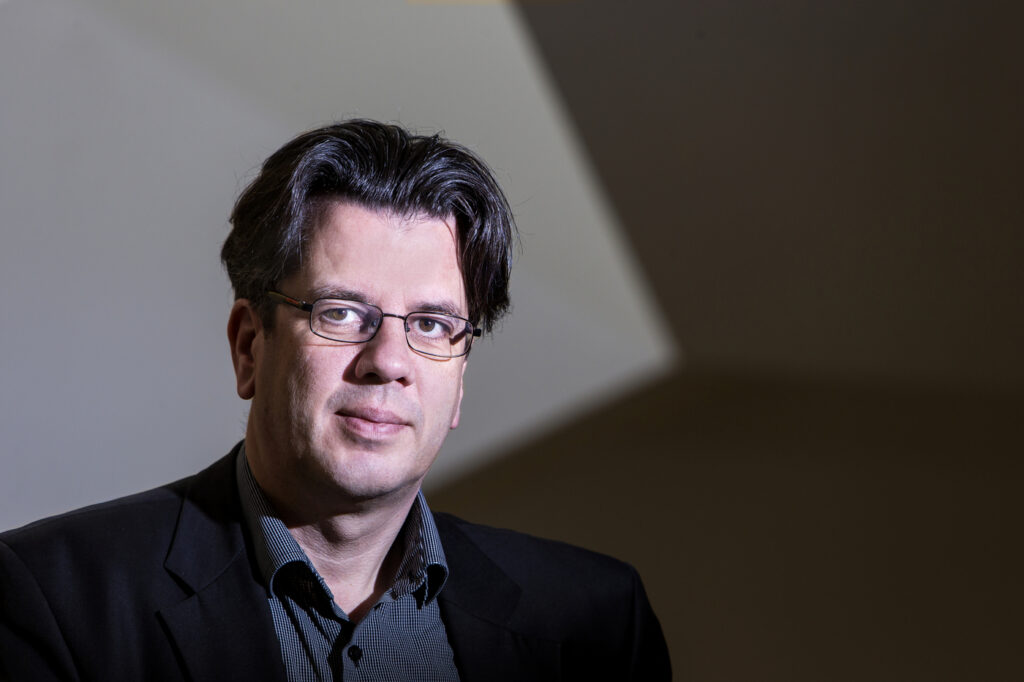Stefán Hrafn has diverse experience of research work within and outside the university community. He worked at the Research Institute of Education and Education from 1994 to 1997. He also worked as an Assistant Professor and later Project Manager at the Population Research Institute in the United States from 1997-2002 and was Research Director and Deputy Director of the Public Health Institute from 2005 to 2011. Stefán was hired associate professor at the School of Social Sciences at the University of Iceland in 2011, was promoted to associate professor in 2013 and to the position of professor in 2015. He was chair of the program in Sociology 2012-2016 and has been the Dean of the Faculty of Sociology, Anthropology and Ethics from 2018, as well as chair of the self-assessment. department 2018-2019. Stefán sat on the University Council 2014-2018 and chaired a committee of the Ministry of Education, Science and Culture 2010-2013. In addition to his work at the University of Iceland, he was an expert at the Office of the Director of Health 2011-2018.
“I look forward to undertaking exciting and challenging projects in the work of the President of the Social Sciences Department. In this field there is an extremely powerful group that handles teaching, research and administration with care and professional ambition. The field educates future scientists of the future and a diverse group that lends itself to all aspects of business and social life," says Stefán, adding; "The job involves many challenges. It should first be mentioned that the quality of teaching and research must continue to be promoted, but no less the University of Iceland as a good place to work for the powerful staff that performs diverse roles. I believe it is extremely important to increase cooperation both within the field and not least between the academic divisions of the University of Iceland, so that the work of the Social Sciences department has an even greater impact for the good of Icelandic society. We do this in various ways, such as through the creation and dissemination of knowledge, good education and active conversation with the community. The contribution of the university community to a better society includes aspects such as better public debate, more effective government decision-making, better management of those less able, better lawmaking, better business and economic governance, better culture, better health, and a better life."
